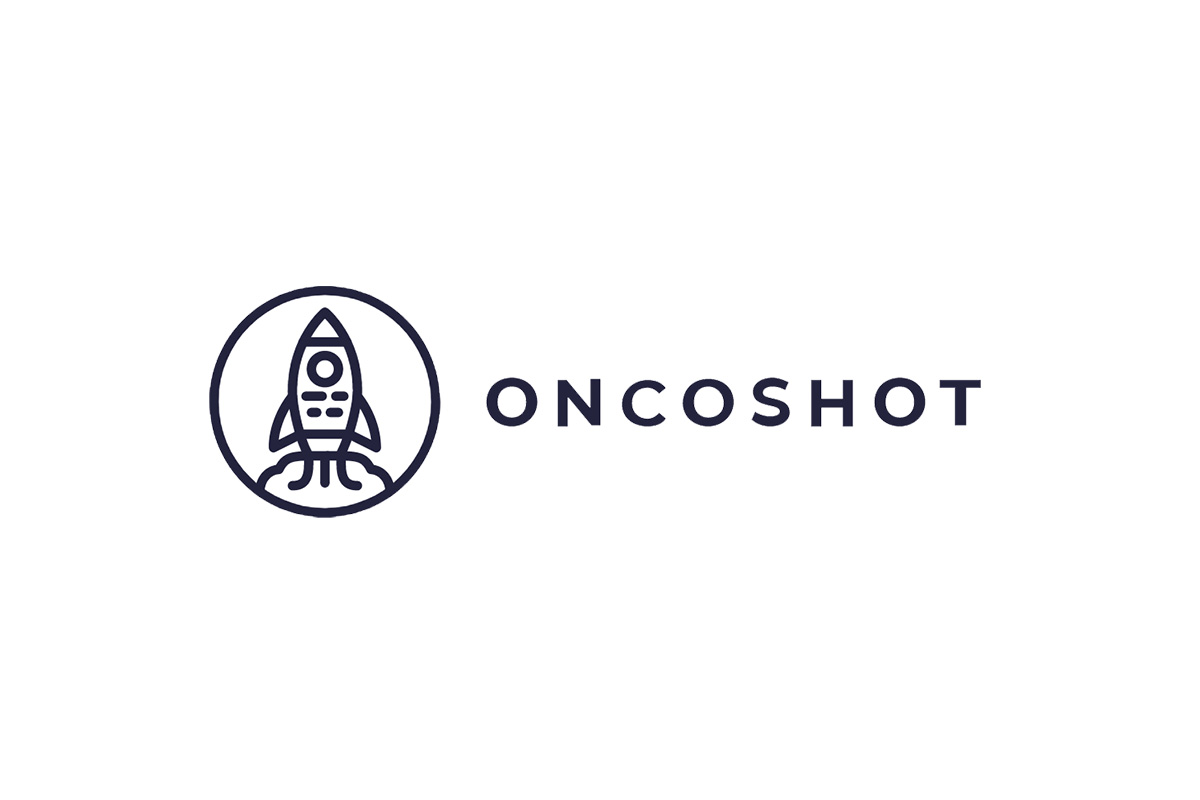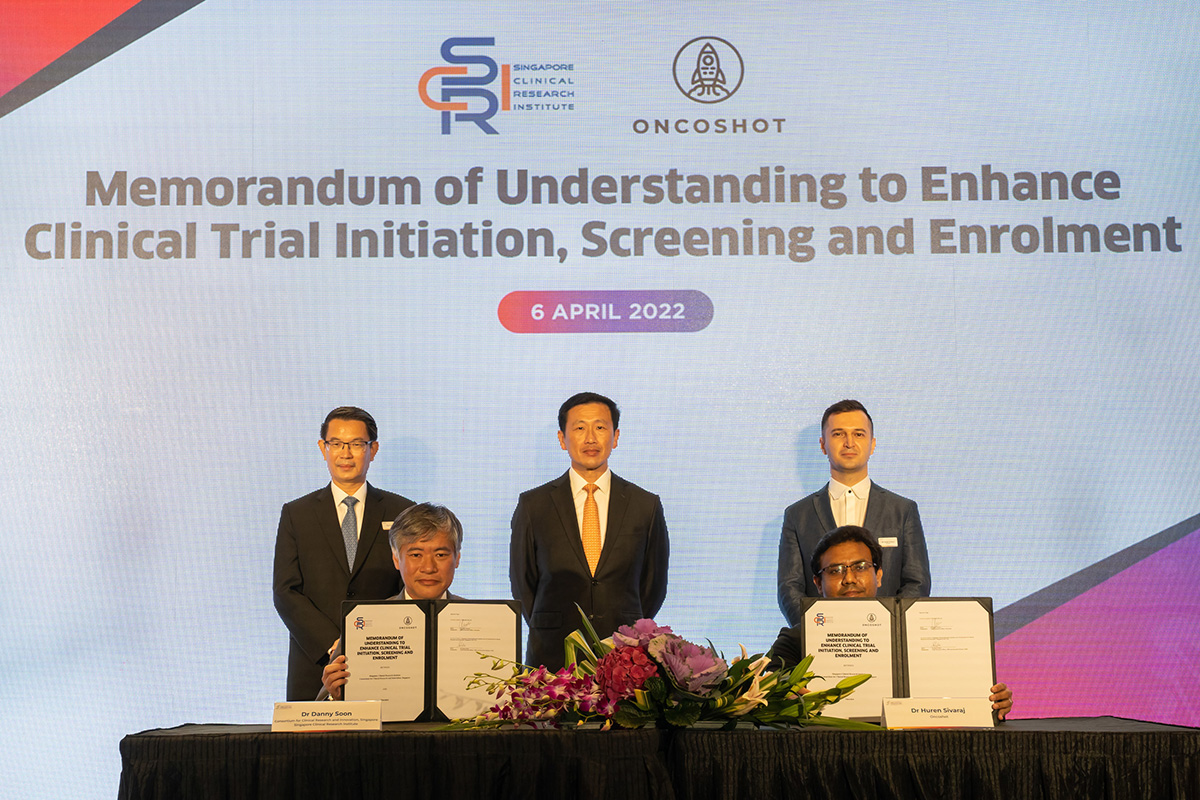Oncoshot today announced a pre-series A funding round led by MassMutual Ventures (MMV). Other investors for this stage come from a suite of healthtech veterans that include Milltrust International and health industry angel investors.
This funding will support Oncoshot’s further expansion into Australia and India where, including its home country Singapore, it is already in partnership with over 30 hospitals and industry partners. Presently, four hospital networks over three cities in India and networks of more than 20 hospitals in Oceania are due to set up nationwide public-private clinical trial ecosystems like Singapore’s Project EISE.
On top of identified gaps in clinical research, data sharing continues to be encumbered amongst healthcare systems and industry collaborators. The EU Commission’s launch of the €16 billion European Health Data Space to foster platforms for digital health services and products is proof that data sharing is the next big step in healthcare.
Oncoshot models itself as a ready-made platform for countries seeking to establish similar data-driven public-private ecosystems. Its federated data system houses critical and sensitive patient data within hospital premises, protecting the data as it is never transferred out of original storage. The analyses and insights generation happens within the hospital system, conferring control, access, and protection fully to hospital administrators.
MMV’s wealth of experience in growing Singapore-based health technology start-ups globally will be pivotal in providing strategic guidance to Oncoshot, having backed growth stage start-ups such as Biofourmis and Qure.ai. Mr Anvesh Ramineni, managing director at the global venture capital firm, will be joining the board in guiding Oncoshot as it grows as an equitable first-in-class health insights exchange platform for cancer clinical trials.
“There is great value in creating a health insights exchange platform that can bring different clinical trial stakeholders together,” said Mr Ramineni. “The Oncoshot solution addresses the frustrations faced by both industry and clinical players in terms of patient recruitment. The fact that this company has gained such traction with multiple hospitals highlights this need.”
Globally, cancer clinical trials lose an average of USD35 billion per annum due to inefficient processes that arise from the unique nature of oncology research. The swiftness of cancer progression through patients sometimes far outpaces the time taken for recruitment because of strict inclusion and exclusion criteria. When patients progress through the disease or pass on, studies lose out on potential trial participants.
Oncoshot aims to eliminate this problem by working closely with clinical partners to enhance their health records using artificial intelligence and machine learning which will provide real-time insights to researchers and industry.



